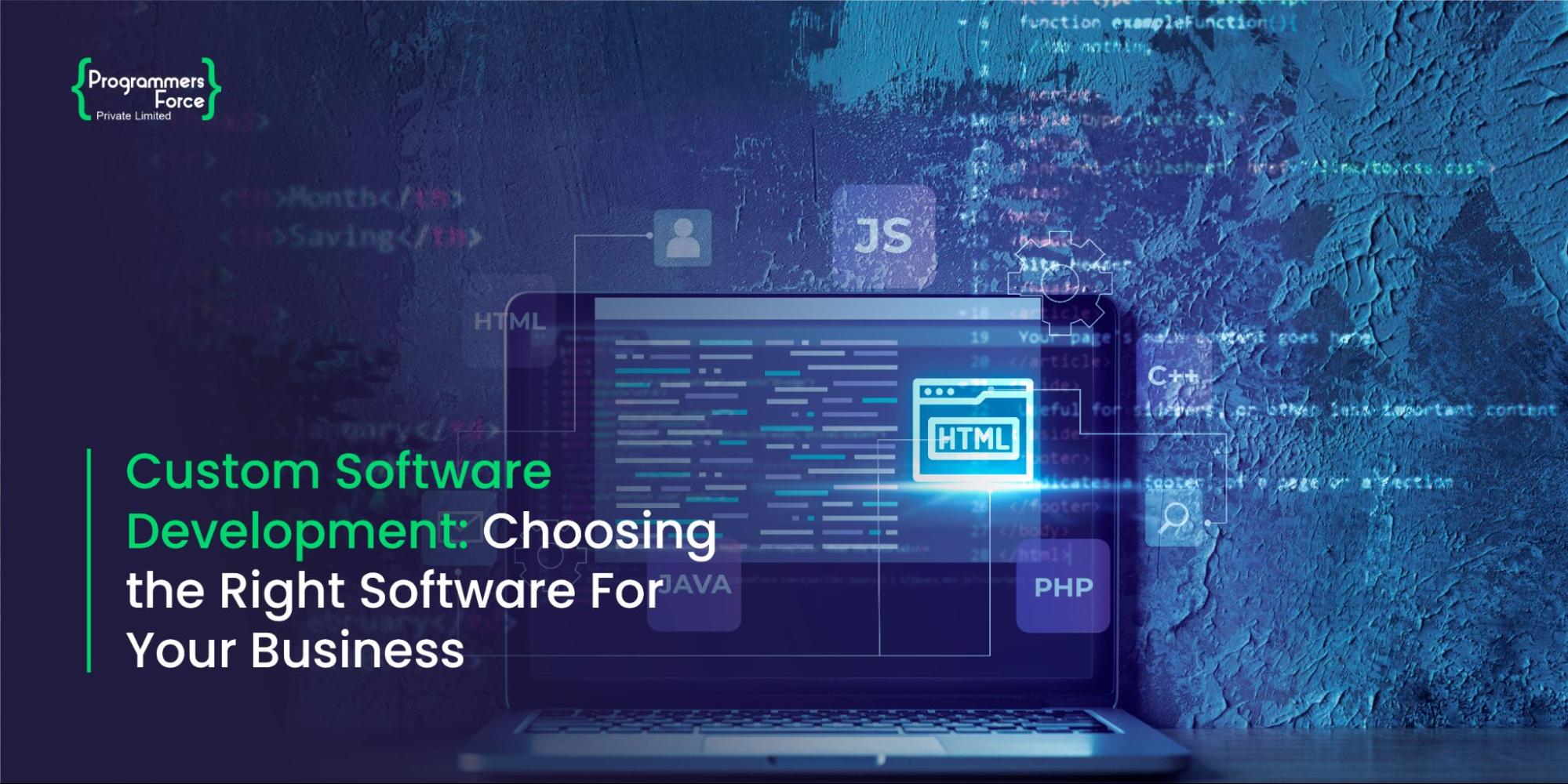
How the Latest FinTech Trends are Changing the Finance Sector
The Fintech industry has undergone some significant advancements in the past few years. Many businesses are investing in FinTech startups, reinventing ways for their customers to manage finances and for clients to manage business operations. According to Statista, the digital payments segment of the Fintech industry is expected to cross 5.48 billion users by 2027. This clearly indicates the user base for the Fintech market as we progress. This blog will cover the latest FinTech developments and highlight new FinTech trends.
Latest Tech that Defines the FinTech Space
The FinTech space has evolved with innovations in the tech sector. First, we have seen the significant implementation of artificial intelligence (especially machine learning) in FinTech operations. AI solutions contribute significant strides for businesses, particularly in processing enormous amounts of data to produce valuable insights. Other than AI, there are some emerging technological advancements that are pushing the FinTech technology trends to new heights.
- Internet of Things: IoT is a technology that enables a contactless future. It powers devices that have the ability to interact with each other without human input using the internet as a medium. FinTech businesses are utilizing IoT devices to automate transactions and communicate with other financial systems across the globe.
- Blockchain: Blockchain technology is the future of finance. It is the existing ledger system that powers the whole cryptocurrency industry and it is now being explored for implementation in various other financial applications. Blockchain is also the driving technology of Decentralised Finance (DeFi).
- Quantum Computing: While still in its infancy, quantum computing has the potential to improve processing speeds and data analysis operations significantly. In the FinTech context, quantum computing can revolutionize the processing powers that would be impossible with traditional computing methods.
Modern Fintech Industry
The year 2023 has already introduced us to some revolutionary innovations so far. The finance industry has also shifted gears and is now moving towards different and innovative FinTech trends.

Shift From Growth to Cost Savings
As a continuously evolving industry, FinTech businesses are expected to take one of the biggest shifts this year. It is a change in business plans and stakeholder mindset from growth to cost savings, as we all are aware of the ongoing global recession. With inflation on the rise, FinTech businesses are implementing solutions that will enable them to manage operational efficiency, while eliminating the technology debt efficiently.
Increasing Focus on Compliance
To keep up with innovation, financial institutions also need to make sure that they meet regulatory compliance in order to prevent fines and other issues. The focus on regulatory compliance is critical for helping FinTech build its long-term credibility and prevent scrutiny from global watchdogs. To ensure confidence and credibility, FinTech businesses prioritize compliance with rules and industry norms. They are investing in Regulatory Technology (RegTech) solutions that use automation, artificial intelligence (AI), and machine learning (ML) to accelerate compliance procedures like anti-money laundering (AML) and know-your-customer (KYC) standards.
Combating Digital Threats
Fraud continues to be one of the major hurdles for the FinTech industry. Hackers are coming up with new ways to bypass security protocols. To combat their strategies, many FinTech firms are working on new security models that are secure and tailored to customer needs. The FinTech sector always invests in new technologies like artificial intelligence (AI) and machine learning (ML). These technologies are used to identify and prevent fraud, cyberattacks, and data breaches. In modern Fintech trends, firms also prioritize the implementation of strong encryption and authentication mechanisms to safeguard sensitive consumer data.
New Lending Models
As the world is interconnected and users share their data when interacting with applications. Fintech development can benefit users by implementing more personalization options per their preferences. Fintech firms are altering traditional lending patterns by utilizing technology to provide unique lending alternatives. For instance, Peer-to-peer (P2P) lending systems link borrowers and investors directly, removing the need for intermediaries such as banks. Online lending markets use data-driven algorithms to analyze creditworthiness and provide customized loan solutions. Furthermore, FinTech businesses are investigating blockchain-based financing models that provide enhanced transparency, efficiency, and security.
Seamless Real-time Payments
To improve consumer experience and convenience, FinTech businesses are pushing the development of seamless real-time payment systems. Fintech companies are developing real-time payment platforms that enable fast transfers, remittances, and bill payments through partnerships with payment processors and financial institutions. These systems use open banking APIs, mobile wallets, and digital currencies to enable rapid and safe cross-border transactions 24/7.
What the Future Holds
The Fintech future is much more innovative as new payment processing methods are the next steps in digital transformation. Many executives agree on the large-scale adoption of AI and ML to process digital payments. According to the CEO of Highnote, “We’ll see a wave of innovation happening in corporate payments similar to what we saw in the past decade in consumer payments, and an expansion of embedded payments opportunities driving a more seamless experience for corporate use cases.”
Logan Allin, the managing partner and founder of Fin Capital also stated, “To date, most embedded solutions have focused on payments, lending, card issuing, and payroll services. The most successful vertical FinTech plays have a built-in customer base where you can maintain low customer acquisition costs due to an easy upsell. In addition, these companies exist within highly fragmented markets where the customer experience to access financial products and services is highly burdensome.”
Key Takeaways
To sum it up, the FinTech sector is transforming into a globally interconnected gateway that will enable seamless payments in the future without the need for any third-party institutions. Artificial intelligence has the potential to transform the digital sector with new use cases and approaches. We will see major strides in solutions that will address the compliance, data, and security needs of the customers and embedded finance.










